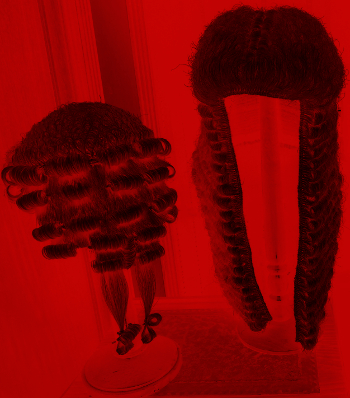Opinion rejects Voice fears
 Australia’s top legal official, solicitor-general Stephen Donaghue KC, has stated that the proposed Indigenous Voice to Parliament would only “enhance” Australia's system of government.
Australia’s top legal official, solicitor-general Stephen Donaghue KC, has stated that the proposed Indigenous Voice to Parliament would only “enhance” Australia's system of government.
Donaghue has dismissed suggestions that creating the advisory body enshrined in the constitution would lead to a flood of legal challenges, or pose a threat to the nation's parliamentary democracy.
His legal opinion was released as part of federal parliament's inquiry into the proposed wording of the referendum question and proposed constitutional amendment.
The opinion analyses the proposed section 129 of the constitution and argues that it would rectify a distortion in the existing system.
In Donaghue's opinion, the proposed amendment is not only compatible with the system of representative and responsible government prescribed by the Constitution, but an enhancement of that system.
The government’s top lawyer also rejected concerns that the High Court's workload would increase exponentially if the Voice to Parliament's advice was ignored.
In his view, the suggestion that empowering the Voice to make representations to the Executive Government will be to clog up the courts, or to cause the government to grind to a halt, ignores the reality that litigation concerning the validity of decisions of the Executive Government is already very common, and that it does not have either of those consequences.
Prime Minister Anthony Albanese says Donaghue’s comments showed the proposal was “legally sound” and put to rest the claims of some members of parliament that recognizing Aboriginal and Torres Strait Islander people in the constitution would lead to ANZAC Day being abolished.
Opposition frontbencher Simon Birmingham said the government would be better off releasing the solicitor-general's formal advice to the government, rather than an opinion crafted for release.
Donaghue's legal opinion was prepared for the parliamentary committee and was not the solicitor-general’s legal advice presented to his cabinet prior to the wording being released.
The opinion has been welcomed by proponents of the Indigenous Voice to Parliament as a significant step forward in the campaign to properly recognise the history of the nation and address generations of wrongdoing.







 Print
Print